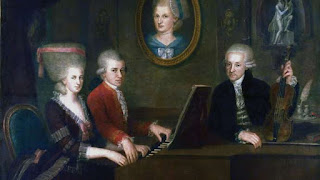"The Overcoat" is one of Gogol's most celebrated and influential short stories, having influenced Dostoyevsky, Nabokov (who concluded in his essay on Gogol "in the immortal "The Overcoat", he really let himself go and pottered on the brink of his private abyss, he became the greatest artist that Russia has yet produced"), and a host of other writers. Furthermore, debates still rage today over how it should be interpreted. It is, however, a very accessible piece of work and can be enjoyed as a simple, albeit grotesque, tale. "The Nose" shares many features with "The Overcoat", although it veers further into the surreal and absurd.
Gogol's most famous novel, "Dead Souls", was to be in two parts and the first part (titled "Dead Souls: A Poem") was published to great acclaim. Nobody really knows if Gogol ever finished part two of "Dead Souls", and two unfinished versions were published posthumously. Gogol is believed to have become fearful for his own soul, leading him to burn much of the manuscript. He then starved himself to death in 1852, aged 42.
"Suprematism" is a Malevich painting from the 1920s. Chekhov's "Three Sisters" is a 1900 play. Stravinsky's "The Rite of Spring" (1913)is a ballet and concert piece.
Zur Rezeption von Franz Kafka und Samuel Beckett in Rumänien
Receptarea lui Franz Kafka şi a lui Samuel Beckett în România Abstract Teoria receptării a înregistrat în ultimii ani o dezvoltare impresionantă, astfel încăt s-au putut trasa linii generale de descriere a unei direcţii de receptare în conformitate cu anumite tipologii estetice care marchează receptarea literară la nivel de receptor cult şi instruit. Acestea sunt premisele principale de la care porneşte cercetătorul în căutarea sa de modele şi modalităţi literare de receptare. S-a vorbit astfel de patologii de receptare, de estetica personajului şi nu în ultimul rănd de o receptare critică a operei literare. Sarcina cu care se confruntă cercetătorul în demersul său este de a descoperi în ce măsură opera examinată capătă caracter normativ la nivelul unui grup de receptori care aderă la stilul, forma şi limbajul literar al autorului receptat. Franz Kafka şi Samuel Beckett se integrează în categoria scriitorilor emblematici ai modernităţii şi drept urmare am considerat că un stud...

Comments